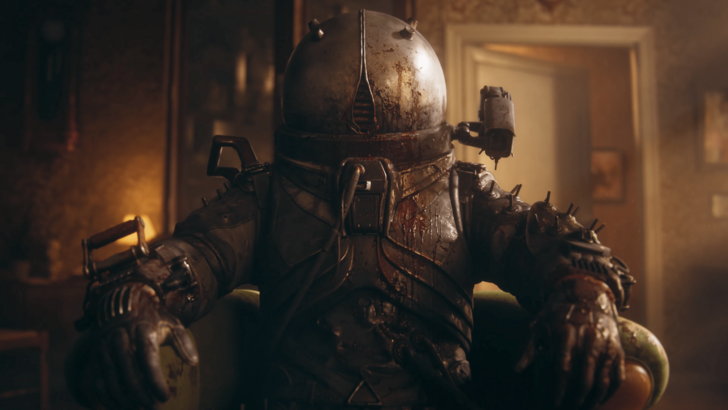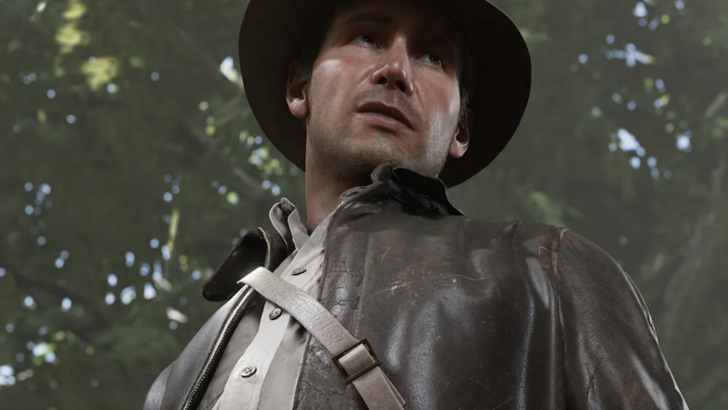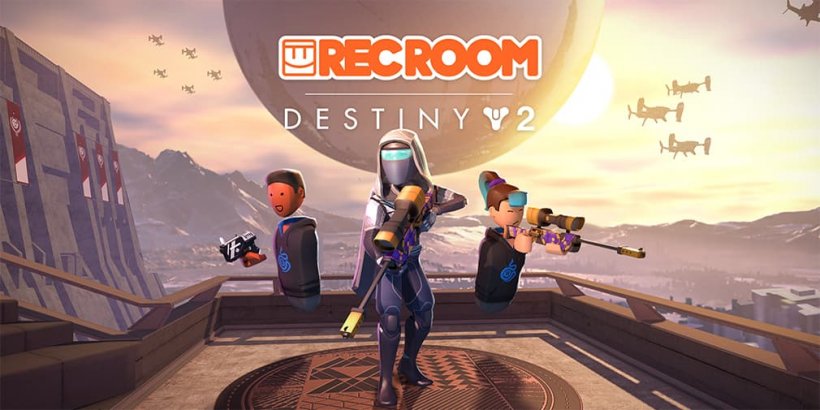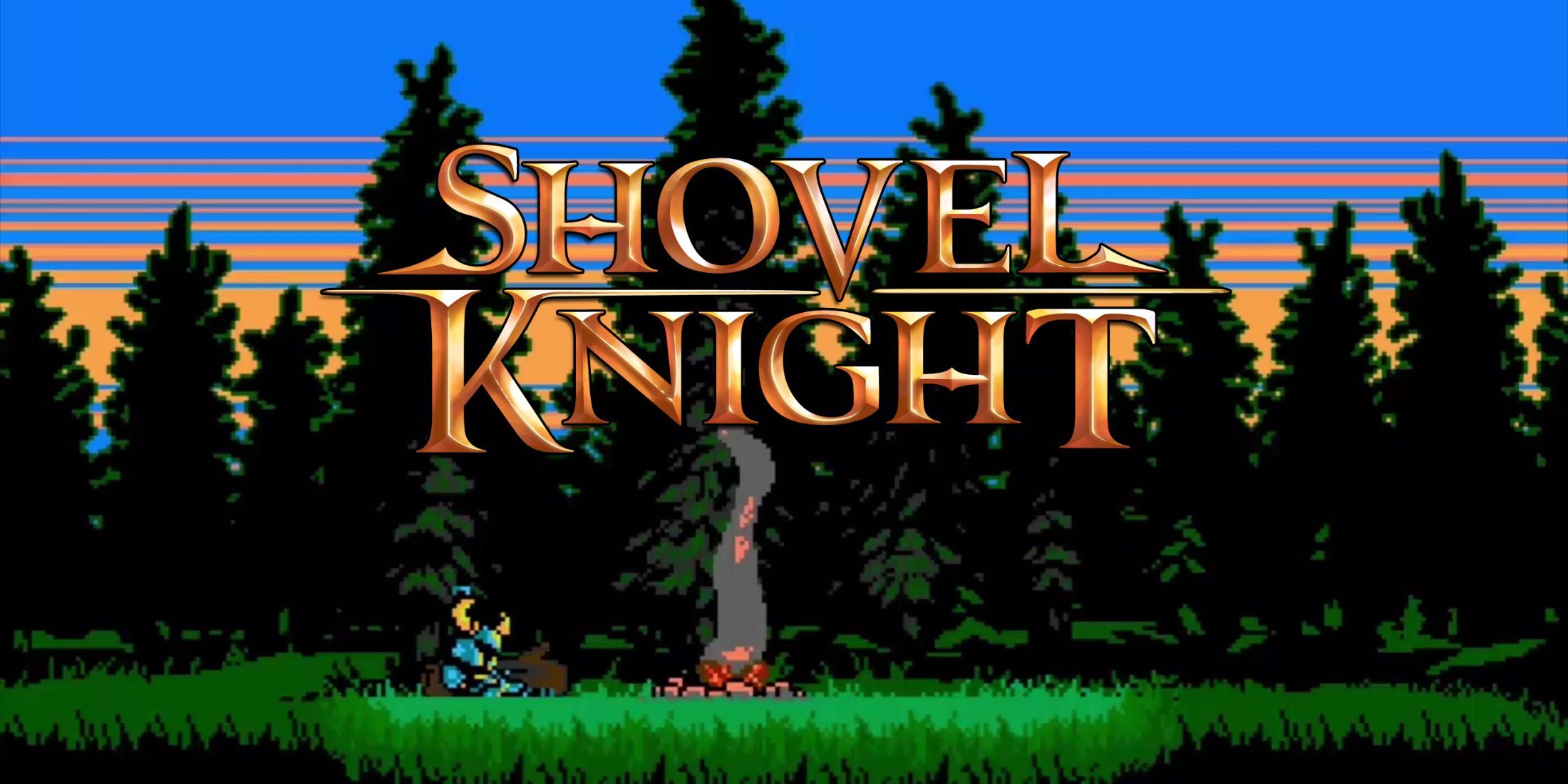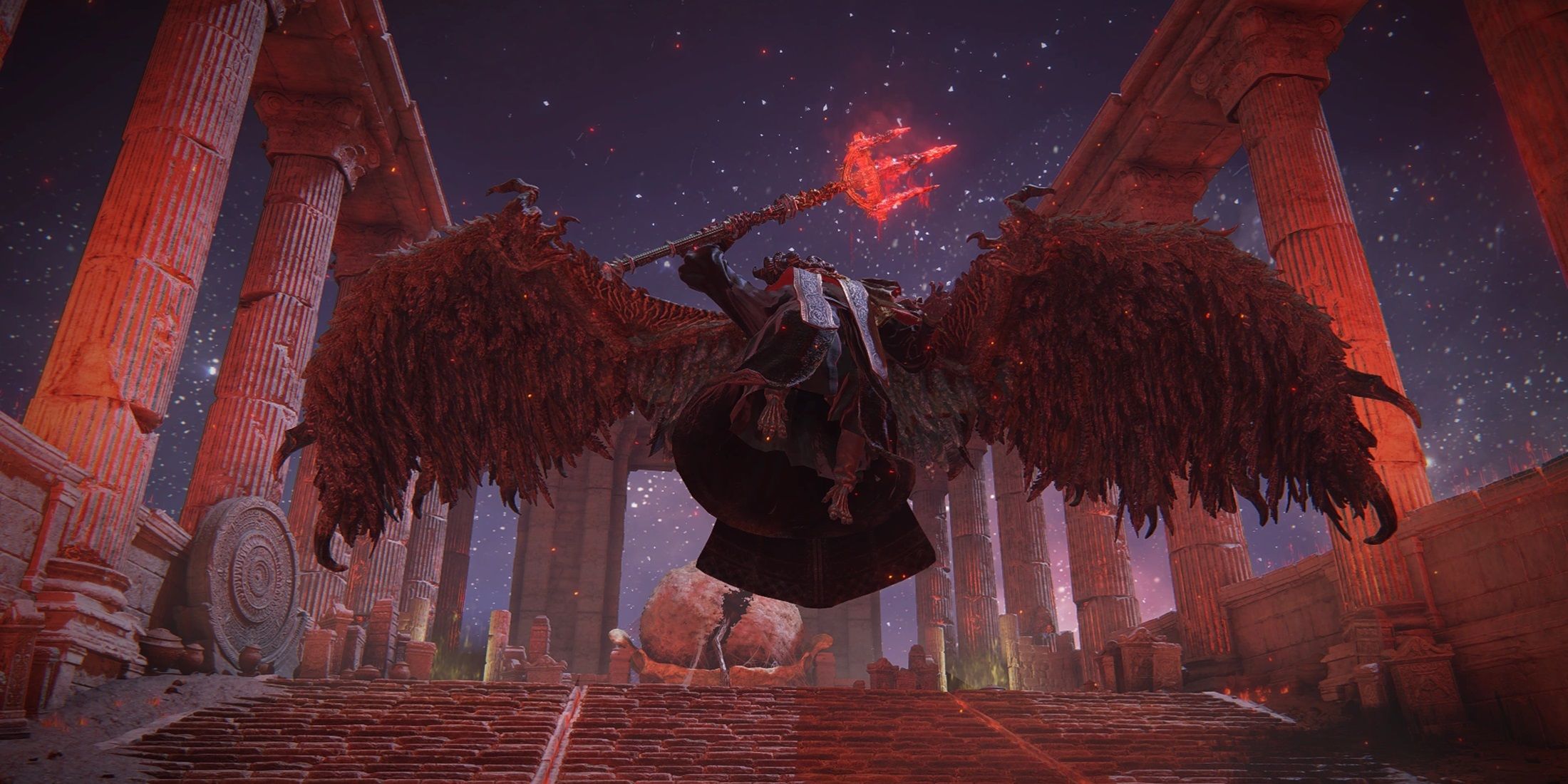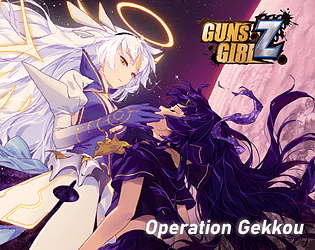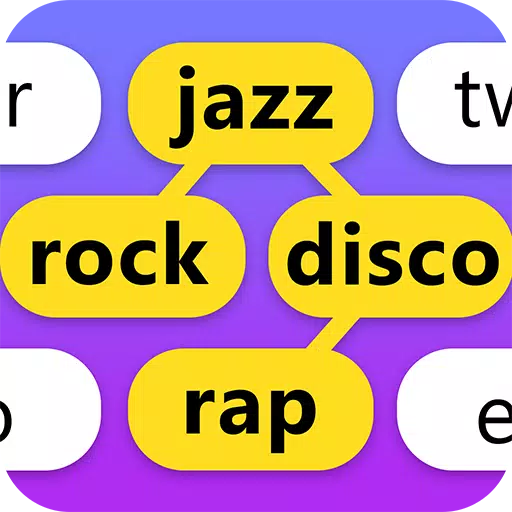Activision has recently grabbed the gaming world's attention with unexpected advertisements for new projects based on its beloved franchises, including Guitar Hero, Crash Bandicoot, and Call of Duty. However, the spotlight quickly shifted from the announcements to the surprising fact that these promotional materials were crafted using neural networks.
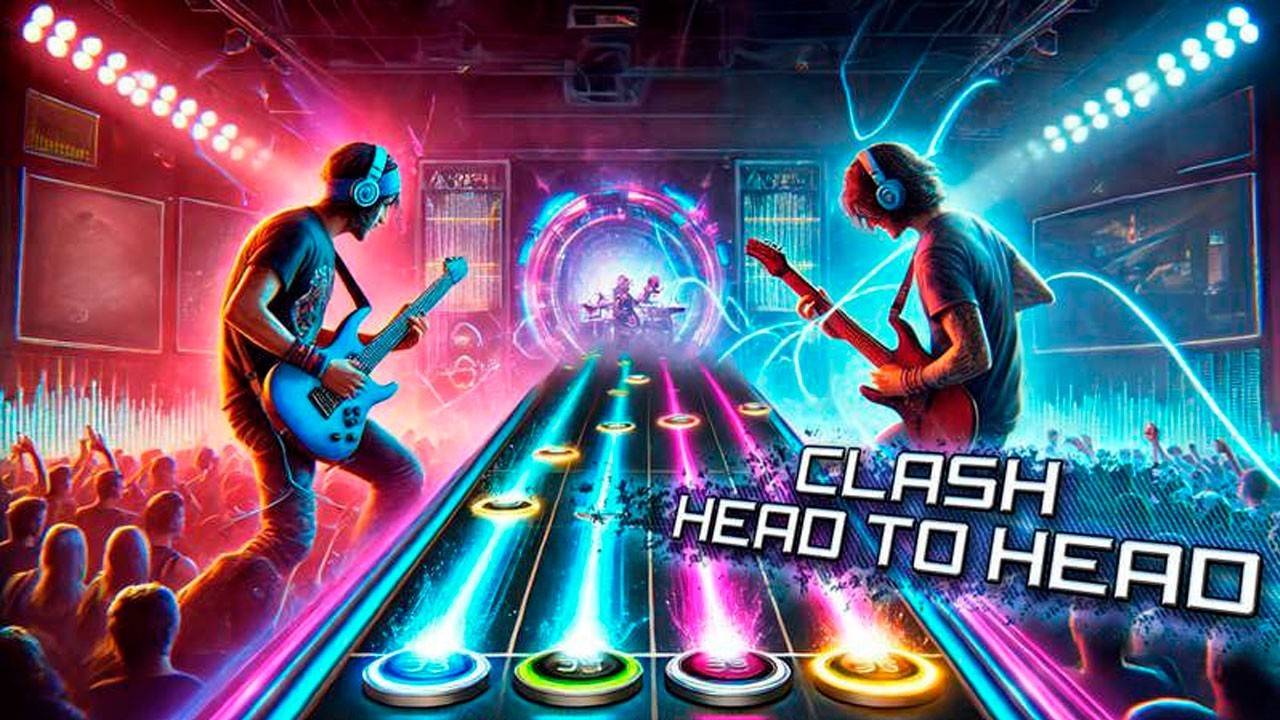 Image: apple.com
Image: apple.com
The initial advertisement surfaced on one of Activision's social media platforms, promoting Guitar Hero Mobile and directing users to a pre-order page on the App Store. Fans were quick to point out the eerie, unnatural visuals, igniting widespread discussions. Shortly thereafter, similar AI-generated ads for other mobile titles like Crash Bandicoot Brawl and Call of Duty Mobile emerged. Many initially suspected that Activision's accounts might have been compromised, but it soon became clear that this was an unconventional marketing experiment.
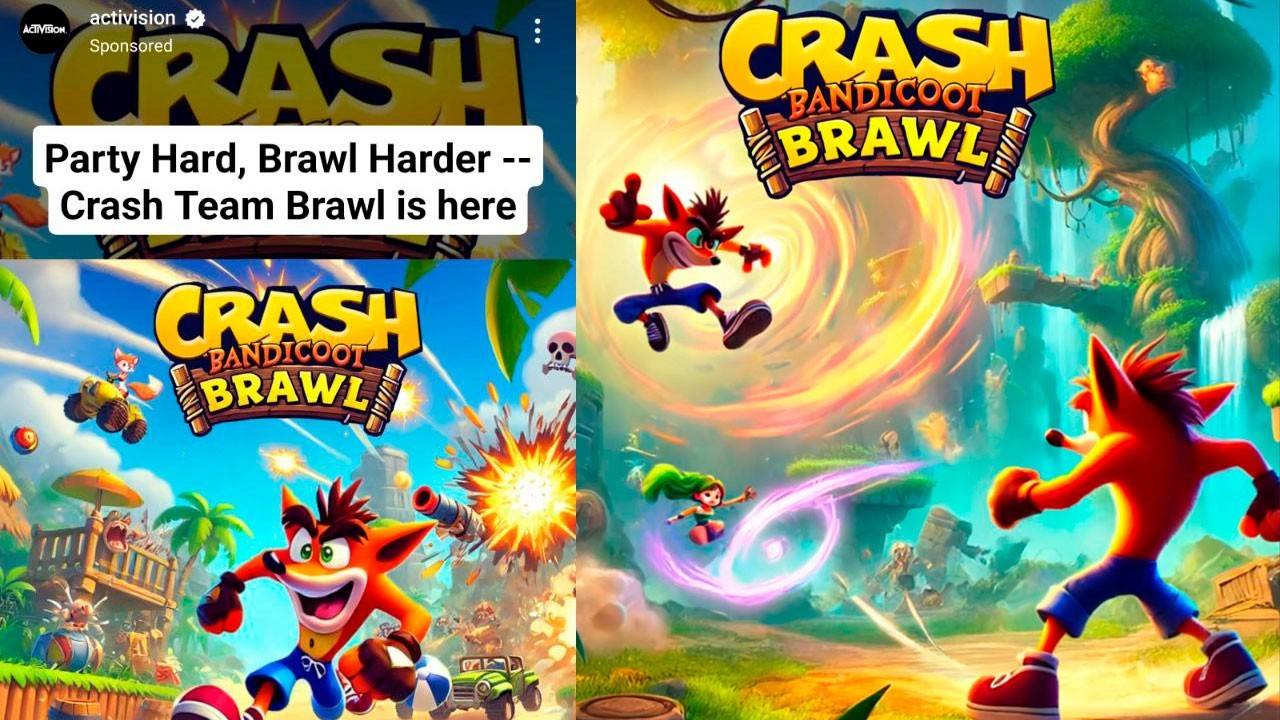 Image: apple.com
Image: apple.com
The reaction from the gaming community was overwhelmingly negative. Players criticized Activision for choosing generative AI over collaborating with professional artists and designers. There was a fear that this approach could degrade games into what many referred to as "AI garbage." Some even drew comparisons to Electronic Arts, notorious for its contentious decisions within the gaming industry.
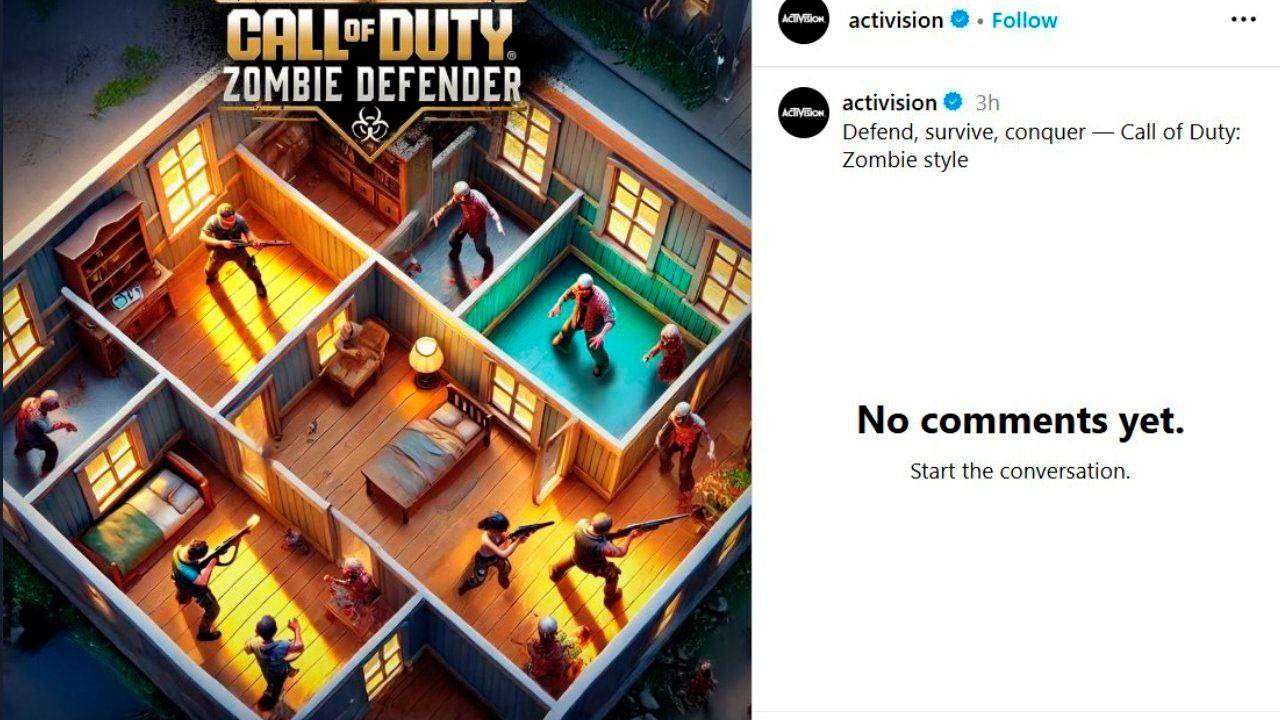 Image: apple.com
Image: apple.com
The use of AI in both game development and marketing has become a heated topic for Activision. The company has openly admitted to employing neural networks in content creation for the upcoming Call of Duty: Black Ops 6.
In response to the backlash, Activision removed some of the promotional posts. It remains uncertain whether the company genuinely intends to release these games or if it is merely gauging audience reactions with provocative content.

 Latest Downloads
Latest Downloads
 Downlaod
Downlaod




 Top News
Top News